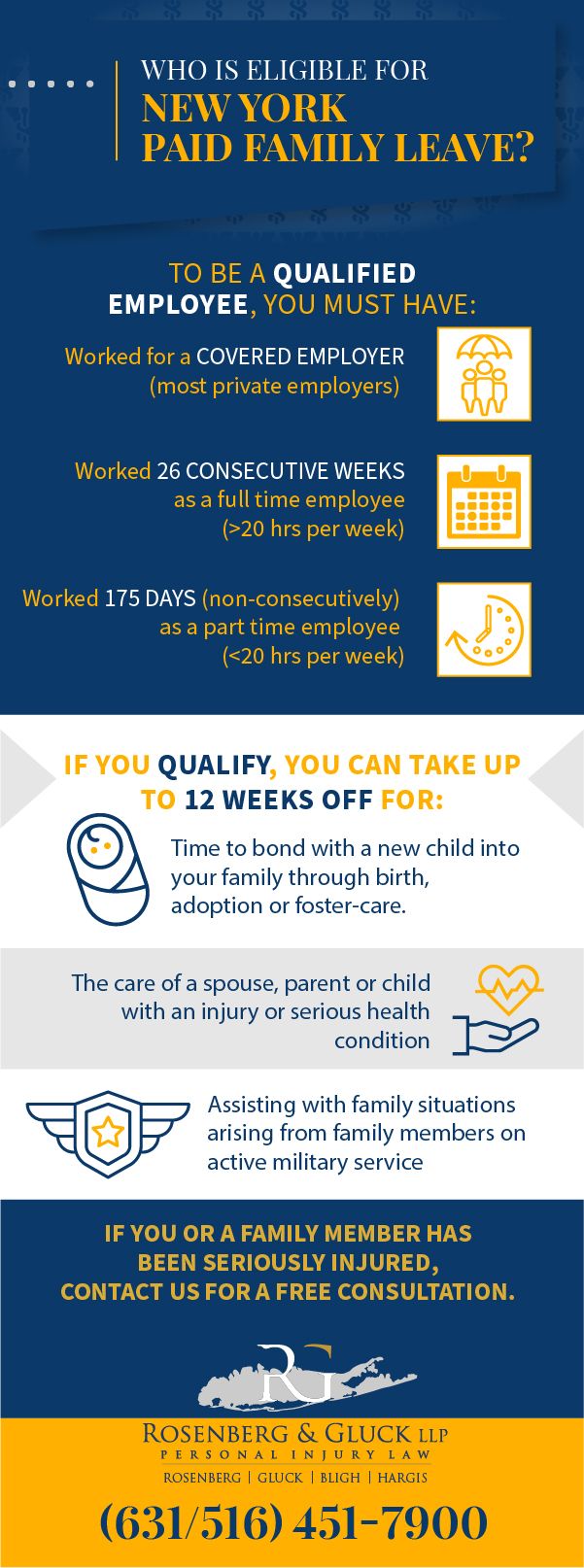How to Protect Your Job After a Personal Injury?
You must take specific steps following a personal injury to protect your job. If you are eligible for the FMLA or another similar benefit through your state, you should contact your employer as soon as your injuries allow. Remember, these programs generally allow you to take time away if you suffered an injury or if your spouse, child, or parent was hurt and you need to care for them.
You will want to work with your company’s human resources department or your supervisor to ensure you follow the correct process for notifying them and tracking your time away.
After your 12 weeks of leave, your company must either:
- Allow you to return to your job
- Offer you a job with equal pay and benefits
If your doctor will not allow you to return to your job after 12 weeks, your employer is within their rights to fill your job and remove you from their payroll. However, many employers will work with you. It may be worth it to talk about your future and communicate openly with your employer as your 12-week deadline approaches.
Talk to Your Employer About Any Follow-up Care You Need After a Personal Injury
Under some circumstances, you might not require the entire 12 weeks off at one time. You have the option to return to work and take additional time off as necessary. For example, imagine you suffered dog bite injuries. You need plastic surgery to reduce the scarring and improve movement later, but your wounds need to fully heal first. Your doctor clears you to return to work.
Your employer should allow you to return and take the rest of your 12 weeks under the FMLA later when you need surgery. If you run into any problems, discuss them with an employment lawyer or the attorney handling your personal injury case.
Can You Recover Lost Income in Your Personal Injury Case?
While some people receive income
loss benefits after an injury, most do not receive pay during their FMLA leave. Luckily, current and future lost income is a recoverable damage in a personal injury case.
The compensation recovered in these cases generally covers injury-related expenses and losses, including:
- Medical bills, current and future
- Related medical care and support costs
- Lost income
- Diminished earning capacity for lasting injuries
- Non-economic damages such as pain and suffering and mental anguish
Personal injury lawyers understand the importance of seeking and recovering lost income. They know how stressful it is to miss work while recovering and that you need the paychecks you missed. They will document your time away from work, the income you did not receive, and any likely future absences. This allows them to pursue fair compensation for these losses.
How You Can Pursue Compensation in a Personal Injury Case
In personal injury cases, you typically have two options for seeking compensation from the liable party:
- A personal injury lawsuit
- An insurance claim
Working with an attorney could help you determine your best options in the days and weeks following an injury. They also provide guidance on how to handle your employer and ensure you know your rights.
How a Personal Injury Lawyer Can Help You Pursue Compensation
Often, a personal injury lawyer will investigate what happened, gathering evidence to build a case against the at-fault party. This is most often someone else whose carelessness or recklessness caused the incident and injuries.
Once they have compelling evidence to show what occurred, your lawyer can:
- Demand fair compensation from the insurer
- Sue the liable party
- Begin both processes concurrently
Through these processes, they might negotiate a fair settlement with the insurer or represent you at trial and convince the jury to award compensation based on your expenses and losses. Most personal injury cases do not need to go to trial, although this is an option if the insurance company refuses to provide a fair settlement agreement or there is another reason your attorney believes the case should go to trial.
How Soon Must You Act After a Personal Injury?
When it comes to personal injuries, act as soon as your injuries allow. This includes notifying your employer of your absence and discussing your case with an attorney. You do not want to wait. It could jeopardize your options later. Waiting too long could even make it more difficult to build a strong case against the at-fault party.
There is a deadline for starting a lawsuit that applies in personal injury cases. Each state has its own statute of limitations, which sets this deadline. In some states, you may have several years to file your case. In other states, you could only have a year. However, there are exceptions that can shorten this timeline, giving you even less time to submit your case. Acting quickly is important to preserve the right to sue.
Other states have their own deadlines, usually between one and four years after the accident date. Other deadlines could apply, too. This depends on the applicable laws, the type of accident, and other case facts. An attorney will review the deadlines in your case with you to ensure you understand them.
You Could Discuss Your Personal Injury Options With a Law Firm for Free
If you suffered injuries caused by someone else’s negligence, you have options. You do not have to try to fight for compensation, heal from your injuries, protect your job, and manage numerous other tasks on your own. Working with a lawyer familiar with the laws in your state can make this process less stressful for you. Most law firms offer free consultations, so you have an opportunity to better understand their services before signing a contract.
You may want to contact a
personal injury attorney who handles personal injury cases in your area. They could offer you legal advice and explain how your case might work.

